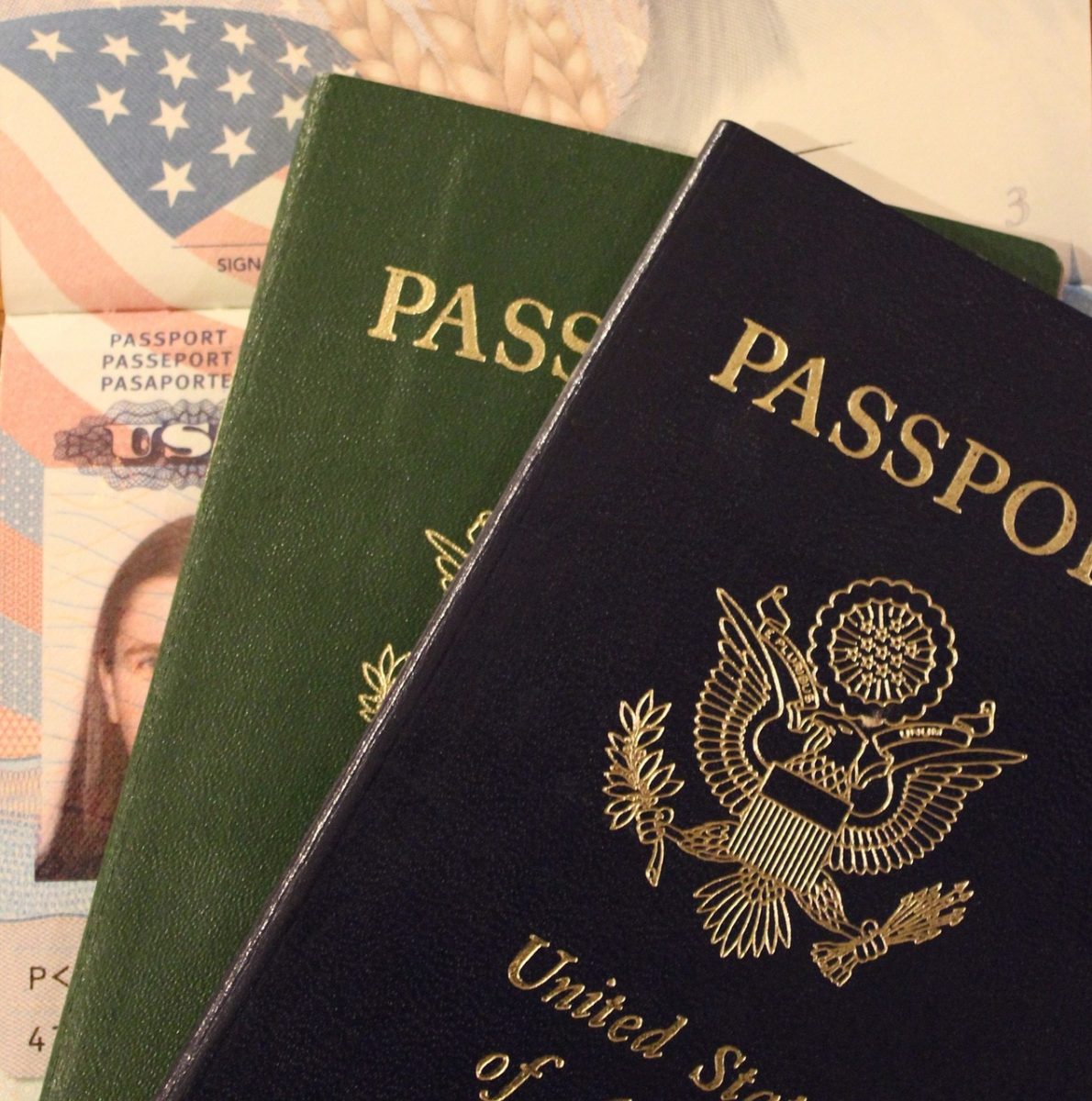Spain is a southern European country that shares borders with African countries in the southern part of its territory.
In the Canary Islands, where I grew up, I am familiar with stories of how people have witnessed changes in behavior due to the massive immigration the islands are experiencing. We find ourselves in a situation where our own people suffer from poverty, but the government struggles to handle the situation effectively, as resources are provided for those who arrive and not for the locals. It is estimated that two-thirds of the population live in precarious situations and subsist on low incomes. Is this really true, according to the discourse of the locals?
We are talking about people traveling in search of a better life. They come from African countries where their lives are in danger for many days of the year. In these countries, they endure thefts and human rights violations, even by government workers. These individuals come from families that cannot afford to send their children to school because they need money to support them, and the children themselves earn that money by working from a very young age in jobs that are not suitable for their age. There are stories of how immigrants have traveled through various countries from Egypt to Morocco, crossing deserts and war zones. These people have had their documents and mobile phones stolen, and they have been locked in prisons for several days just for traveling to a better place.
We speak with locals, and they only worry about the increasing crime and how their streets are becoming more filled with people of a different color. This lack of understanding is what scares them. If they knew the history of what these people have had to endure, their discourse would likely change. But, at the same time, while they are the minority of immigrants committing crimes, they are also the minority of people complaining about them. But these are the ones making more noise.
We have the close example of Asunción, a 63-year-old woman who goes every Sunday to visit the centers where immigrants live and tries to provide them with food and clothing from her children that are no longer in use, so that at least for that week, they are fed and clothed. There always has to be a safety protocol, as it is uncertain what people might do, but this would also happen if Spanish citizens traveled to another country in search of a meal and money for their families in their country of origin.
We are talking about people who are heroes to their younger siblings or parents because they have dared to leave everything behind just so others can have a better life. However, the government is increasingly supporting a racist discourse that criminalizes this group of people, punishing them just for the sins of a few. Videos from other places and times go viral with the idea of instilling fear in society and encouraging them to be angry with this group of people in need.
We often view Europe as a continent of progress, and this is also what they see. However, the European response is not adequate, as it fails to solve or at least calm this unending wave.
We also know that another heavily traveled route for immigrants is the Mediterranean Sea route to Lampedusa, an Italian island. This route is taken on poorly constructed boats where they cram more than 20 or 30 people of all kinds: men, children, pregnant women, etc. The number of corpses in the Mediterranean Sea cannot even be estimated. We are talking about these routes turning into a graveyard that holds the bodies of people in search of a better life.
We have to take action as every life counts, every human counts. But also we have to understand that these immigrants are traveling to a different country with different culture and rules where the least that they can do is respect it and try to fit in as we all live in a society where our freedom ends where the freedom of the others start.

